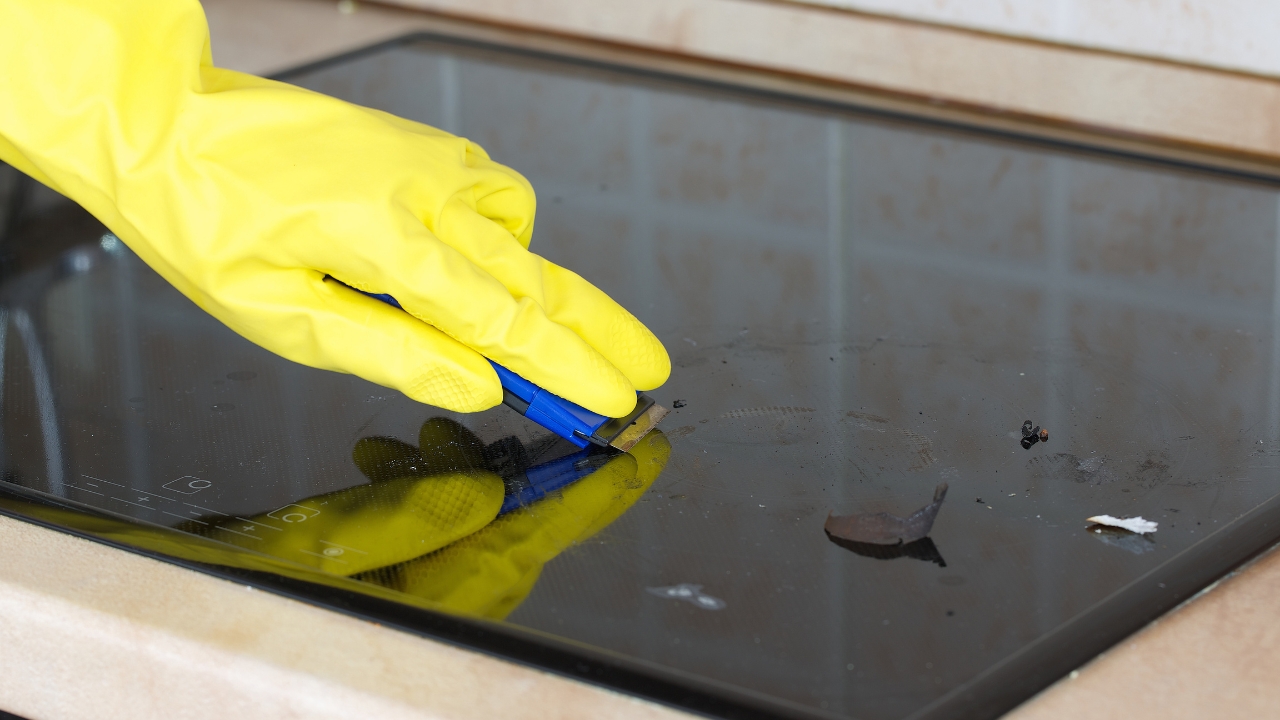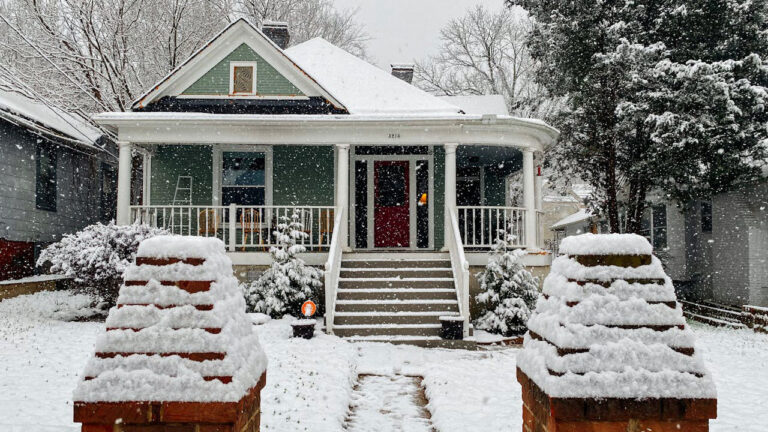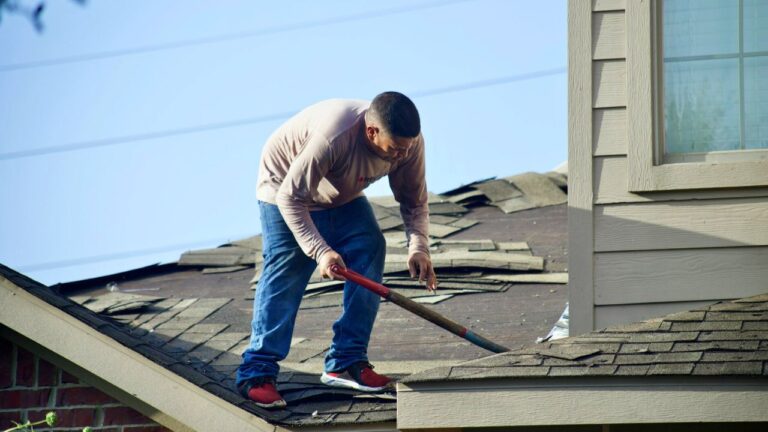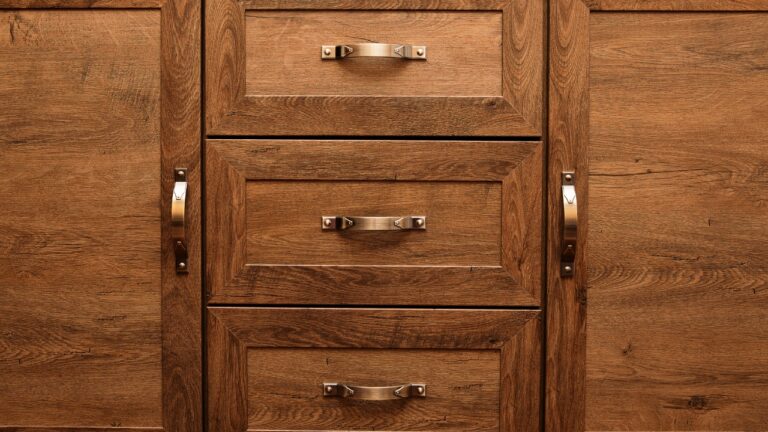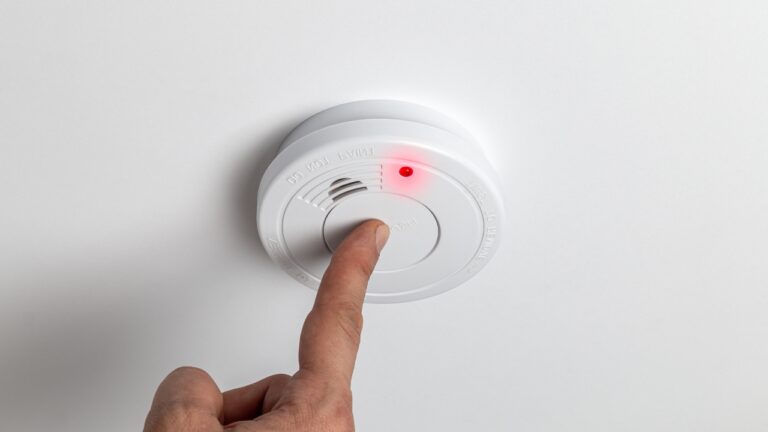8 Cookware Habits That Ruin Your Stovetop Over Time
Stovetops don’t stay in good shape by accident. Even with daily wipe-downs, a few bad habits in the kitchen can leave behind scratches, scorch marks, or uneven burners. Whether you’re working with glass, ceramic, or gas, some cookware routines wear things down quicker than you think.
These are the habits worth breaking if you want your stove to stay functional and looking good long term.
Dragging Pots Across the Surface
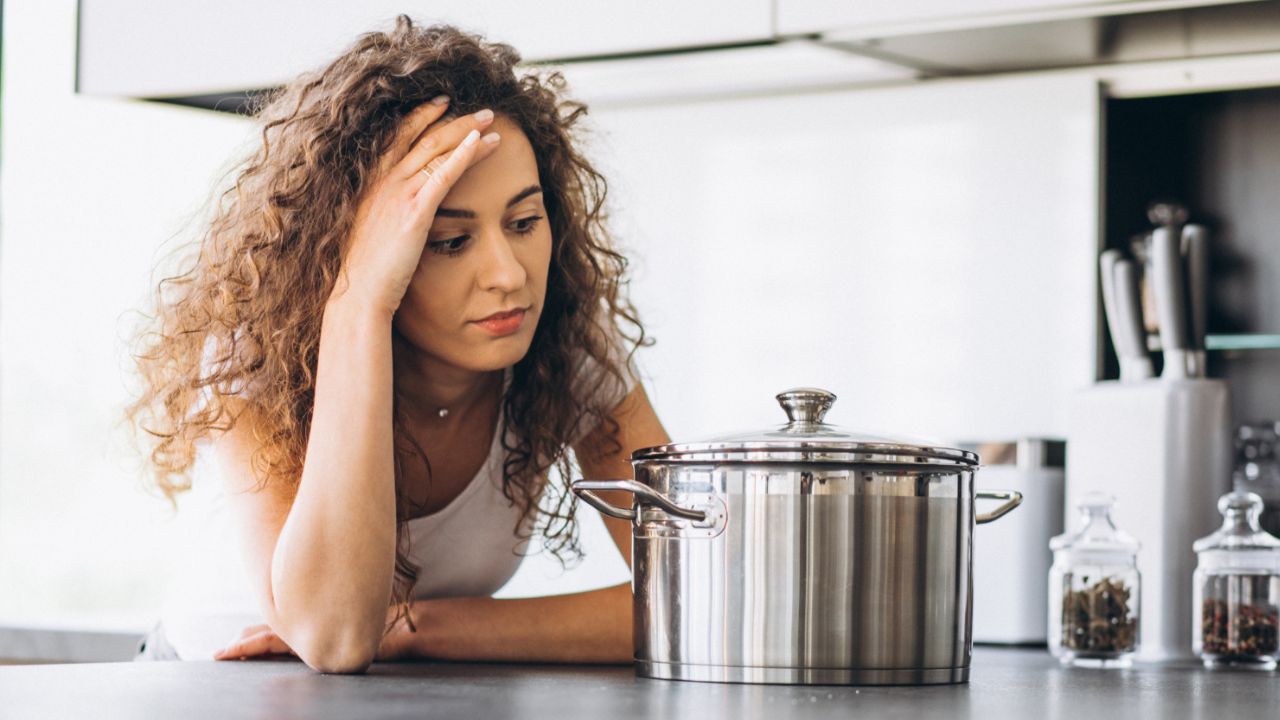
Sliding pans across the burners can scratch glass or ceramic surfaces in no time. Even on gas stoves, it wears down the grates and leaves behind buildup.
Instead of dragging, get used to lifting and placing. It takes a little more effort, but it’ll keep the finish from dulling or chipping—and it helps avoid those faint rings that seem to show up out of nowhere.
Using Oversized Cookware on Small Burners
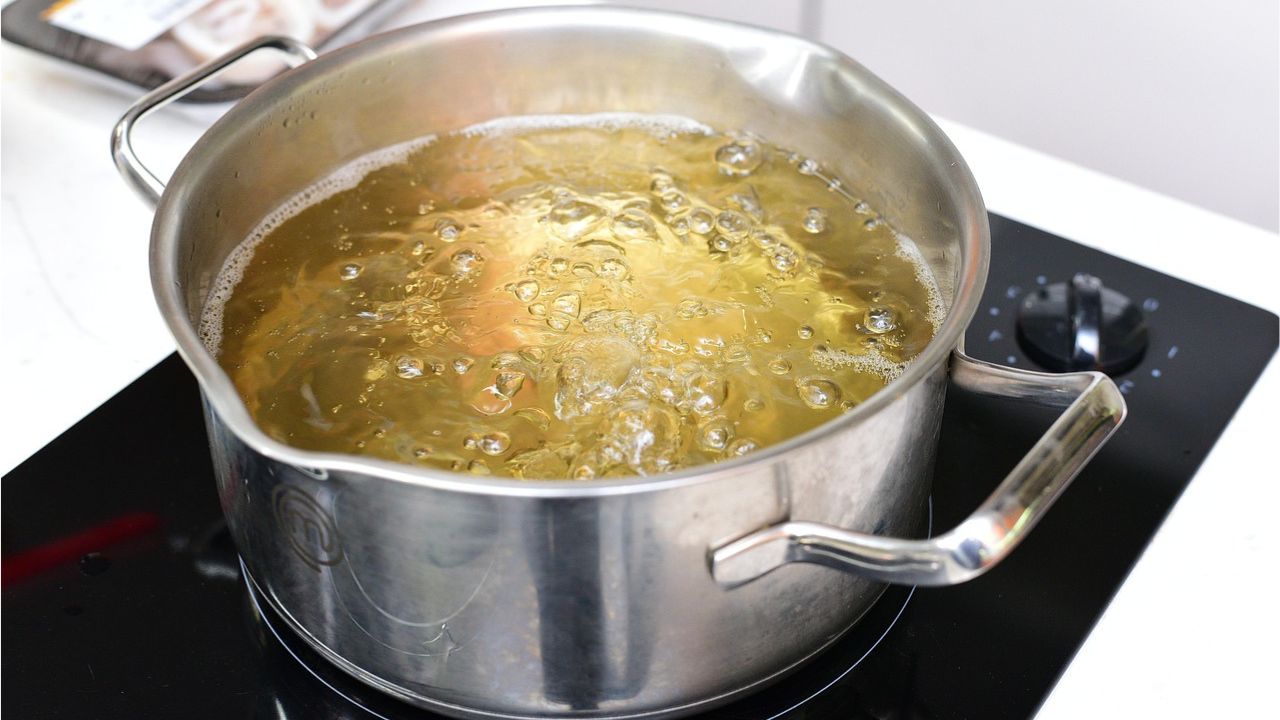
Using a giant pan on a small burner doesn’t just slow down cooking—it can trap heat in places that aren’t built to handle it. Over time, that constant stress can cause discoloration or even warping on glass and ceramic stoves.
If the heat has to work too hard to get through thick metal, it puts extra strain on your appliance. Match the pot to the burner and things heat faster without overworking the surface.
Letting Boil-Overs Sit
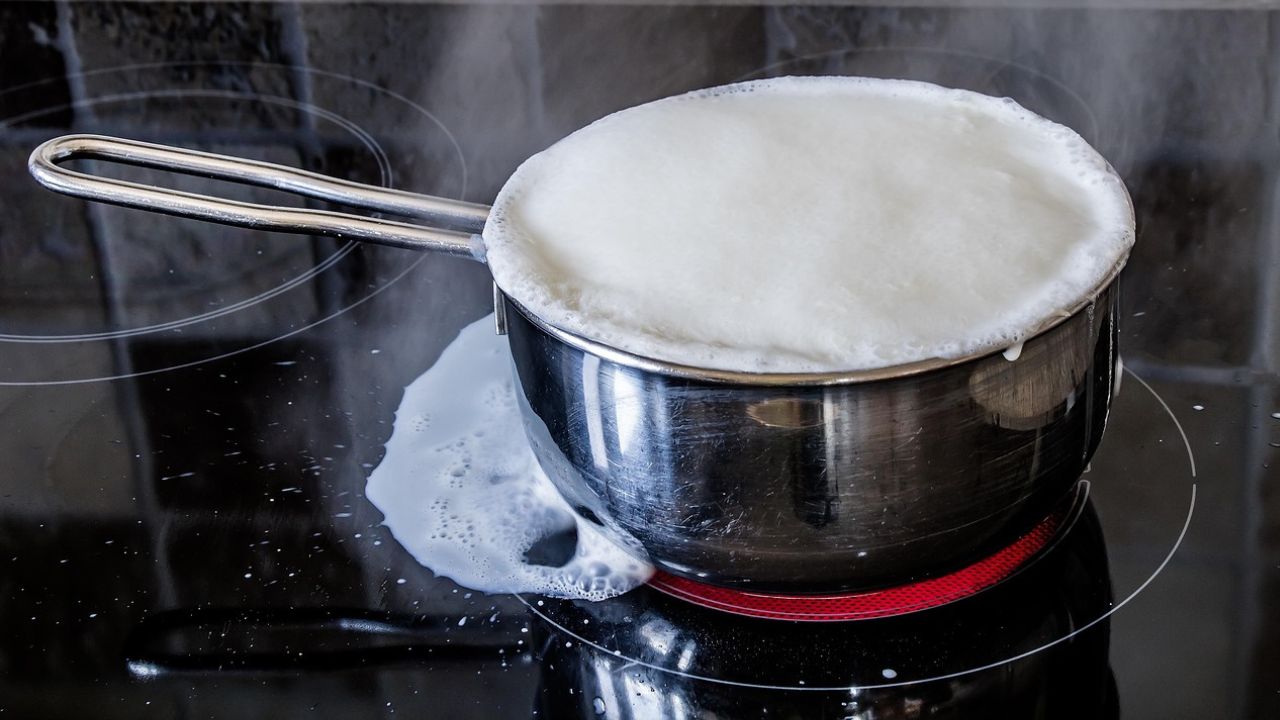
Boil-overs happen, but if you leave them sitting until after dinner, the sugars and starches can bake onto the surface and become tough to clean. That gunk can stain burners or etch into glass tops.
Even worse, if you scrub too hard later, you’re more likely to scratch the surface. Keep a damp cloth nearby while you cook and wipe things up while they’re still soft.
Cooking With Warped Pans
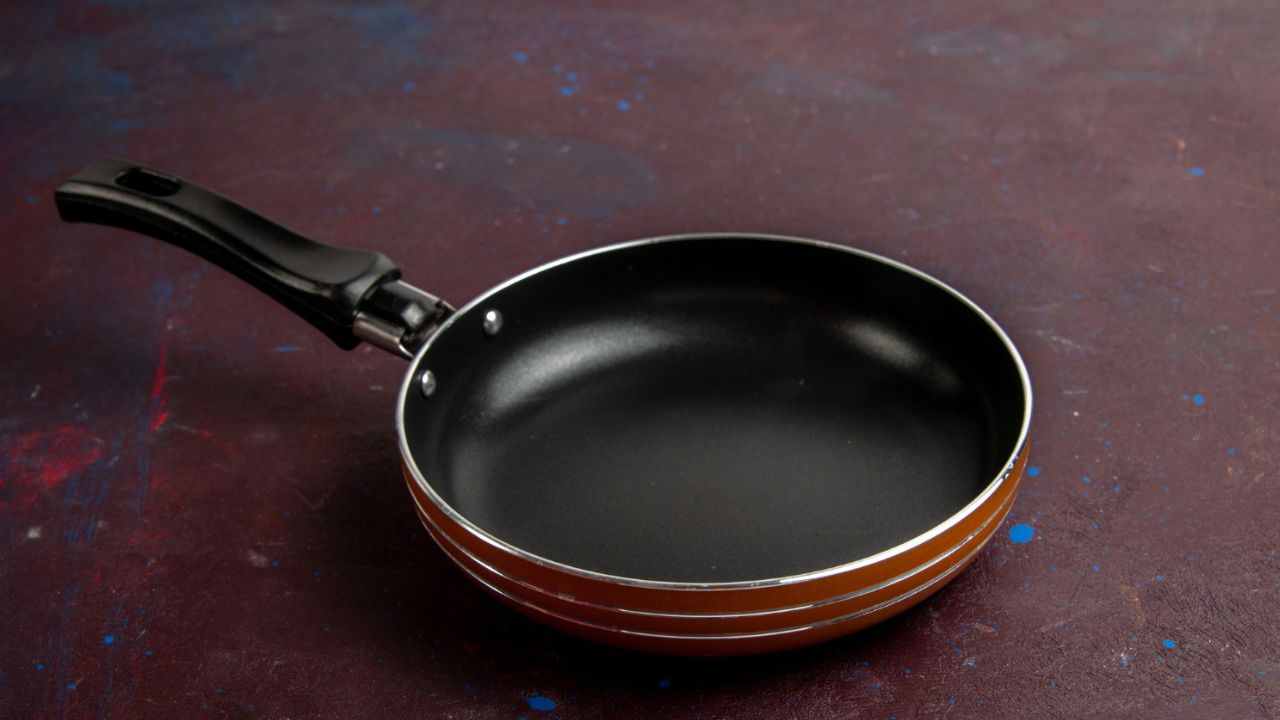
If the bottom of your pot or skillet isn’t flat, it won’t sit evenly on the burner. That uneven contact can cause hot spots, strain the burner, or scratch a glass surface as the pan wobbles around.
It also makes your stove work harder to maintain heat. If a pan has warped or bowed, especially from repeated overheating, it’s time to replace it or repurpose it.
Using Cast Iron Without Caution
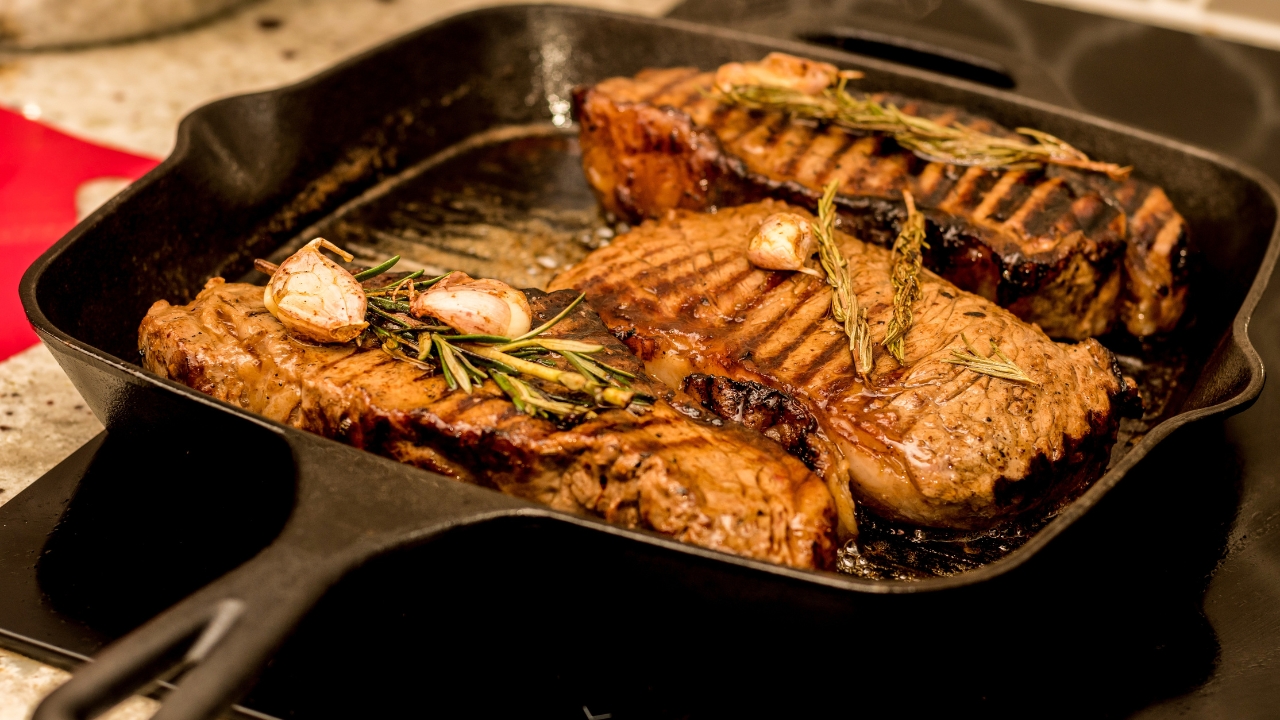
Cast iron is great, but it’s heavy and rough. If you’re not careful setting it down or moving it around, it can leave scratches, especially on glass cooktops.
If you’re using cast iron regularly, consider placing a heat-safe pad or protector under it. And always lift, don’t slide—it’ll save your surface from taking a beating.
Cleaning With Abrasive Tools
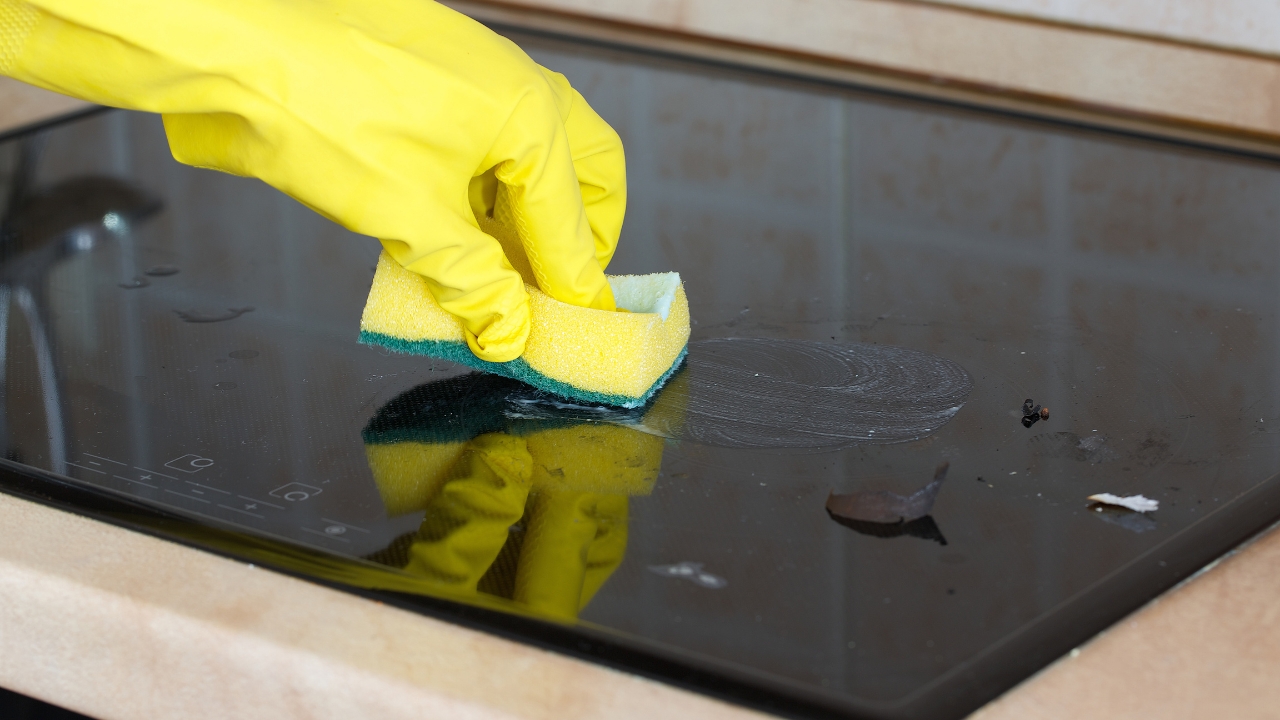
Steel wool and tough scouring pads might get grime off fast, but they also leave behind scratches that never go away. Once a scratch is there, it attracts more grime and gets harder to clean over time.
Stick to microfiber cloths or soft sponges with stove-safe cleaners. If you’re dealing with stuck-on residue, use a razor blade scraper made for glass stovetops—not whatever scrubber is closest to the sink.
Using Pans With Burnt-On Bottoms
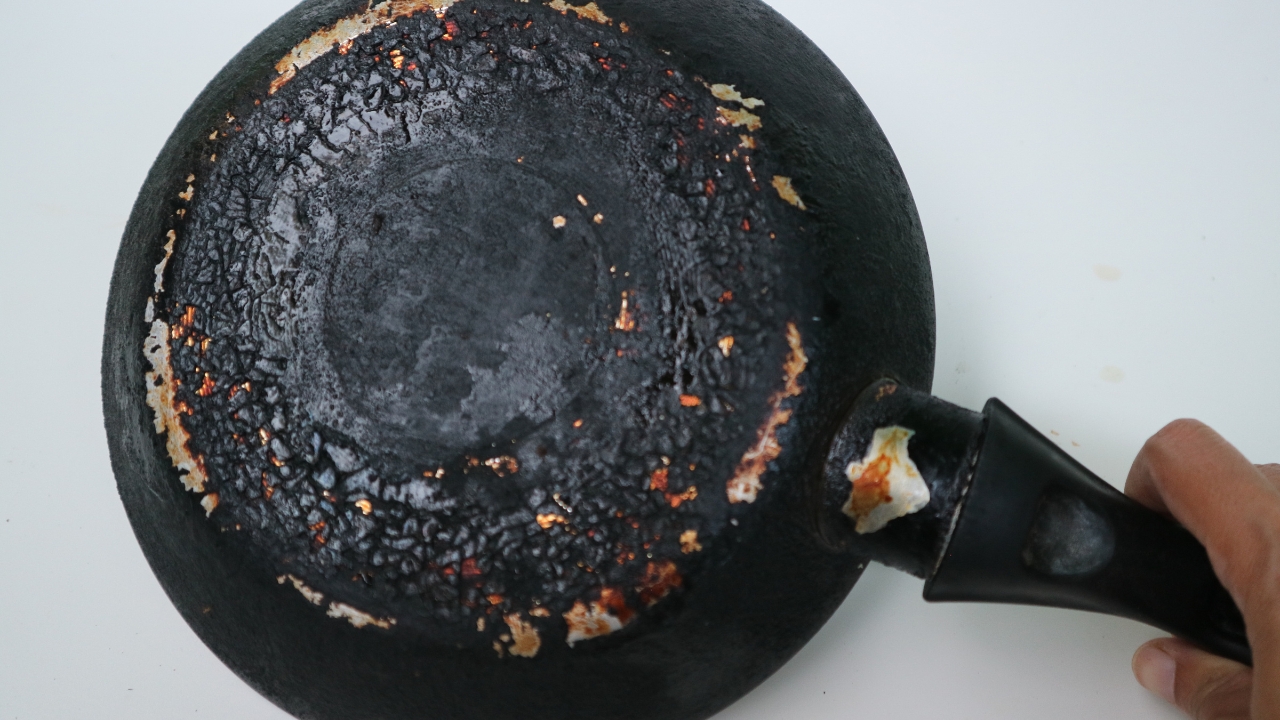
If the bottom of your pan is caked with old food or scorched grease, that gunk gets reheated every time and can transfer to the burner surface. That leaves stains, discoloration, and more burnt mess to deal with later.
Take a look underneath your pans every once in a while. If they’re blackened or crusty, give them a soak or a scrub before putting them back on the stove.
Heating Empty Pans Too Long
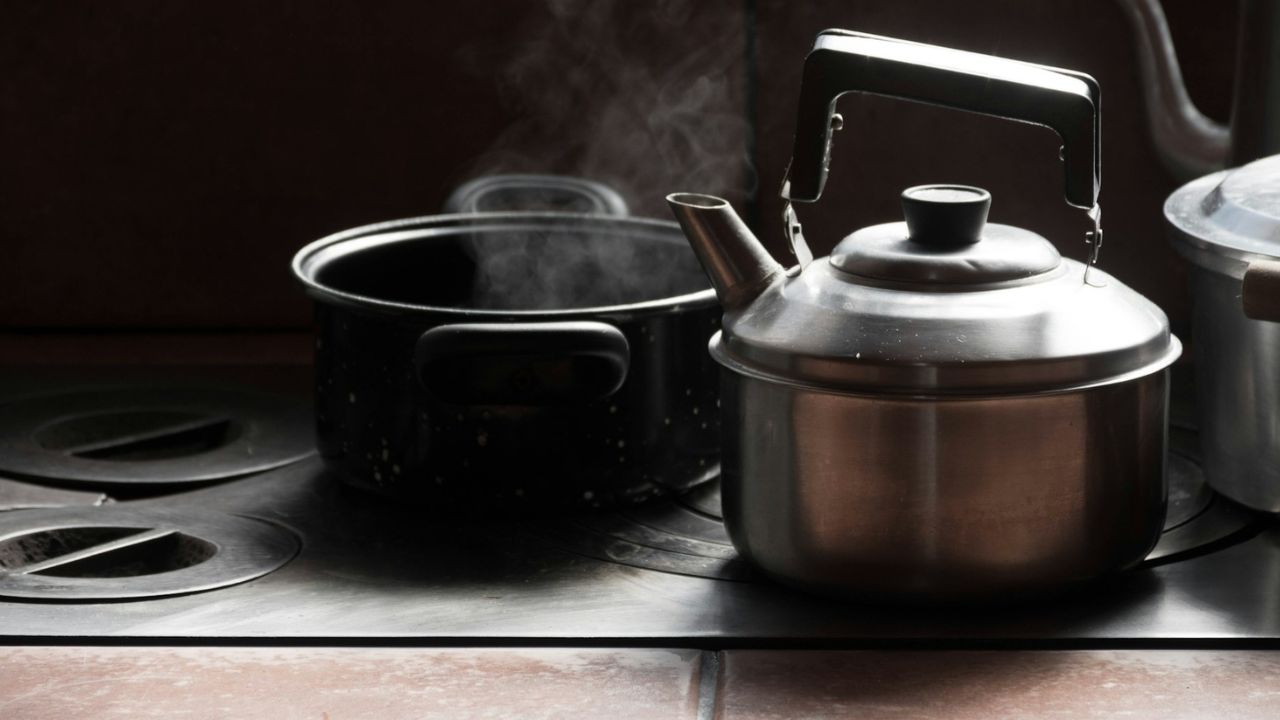
Preheating is fine—but leaving a pan dry over high heat for too long can damage both the cookware and the burner beneath it. Some stoves will even shut off if they detect overheating.
You’ll get better results (and less wear) by keeping an eye on preheating. A splash of oil or butter as you warm up helps buffer the heat and protects your surface too.
*This article was developed with AI-powered tools and has been carefully reviewed by our editors.

